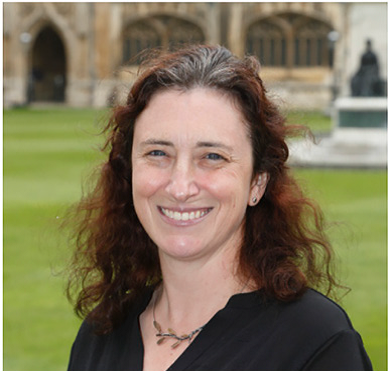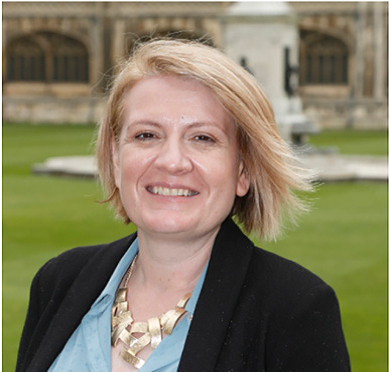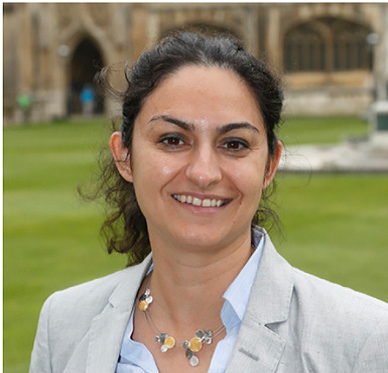The aim of this workshop is to contribute to the understanding of the relationship between gender, identity, and cultural production in the Gulf. The way in which gender and identity are both constructed and represented in the Gulf is an important and underrepresented area of academic inquiry. This workshop seeks to address this gap within the literature by analyzing and interrogating the socio-cultural production of gender and identity. It seeks to unpack the social, political, and economic structures and discourses that underpin gender identity construction in the Gulf, thus providing a framework from which to recognize the structures of power and ideologies that operate locally, nationally, regionally and internationally. In addition, the workshop aims to 2 explore how gender and identity intersect within the Gulf to produce distinct modes of cultural representation, both tangible and intangible. We are particularly interested in exploring how both masculinity and femininity are constructed and represented. The discussion of both masculine and feminine constructions and representations is important as it recognizes that these categories are not necessarily discrete but have intersections and disjunctures that are interconnected and interrelated. It is therefore essential that debates around gender and identity in the Gulf are framed within discussions that give voice to both masculine and feminine cultural constructions and representations.
3 DAYS / 12 Workshops
MORE THAN 300 ACADEMIC PAPERS
The workshop will examine the ways in which gender is implicated in the display and
production (and (re)production) of cultural representations and in the establishment and
reflection of personal and national identities. The workshop is particularly interested in
exploring the connections and disconnections between ‘official’ and ‘unofficial’ modes
of identity production. Through a multi-disciplinary approach, workshop participants will
exchange knowledge and challenge assumptions about gender and identity in the Gulf.
The workshop will offer new perspectives on how gender and identity are culturally
constructed and represented in the region. It will seek to identify the tensions and
connections that have emerged within gender discourses in the Gulf. By framing these
discourses within the wider debates around cultural production and education, the
workshop will introduce and interrogate the intersections between gender, representation,
and identity and how this relates to the economic, political, and social realities of the Gulf
region. The workshop themes will be examined through two general frames of inquiry:
Cultural Constructions and Cultural Representations.
Cultural Constructions
Under the theme of Cultural Constructions, workshop participants will examine the ways
in which individual and national identities are shaped and produced. Recognizing that
issues of gender are an important determinant in Gulf societies, contributions that
consider gender as a factor within identity construction are particularly welcome. The
theme of Cultural Constructions of identity can include both theory and practice-based
research and can be approached from a variety of disciplines, including, but not limited
to: the visual and performing arts, heritage studies, education, gender studies, history,
anthropology, sociology and political sciences. By situating identity as a culturally
constructed, rather than innate, concept the workshop seeks to interrogate both the act of
that construction and its public and private reception from a variety of perspectives.
3
Cultural Representations
Once constructions of personal and national identity have been explored, the workshop
will turn to a discussion of how these identities are represented through the broadly
conceived lens of ‘culture’. Culture can be understood as a broad set of ‘common beliefs’
that connect (and disconnect) people. From common beliefs emerge social practices,
which are “imbued with meaning” (Hall, 2013). Papers in this section of the workshop
will raise and address issues of public representation of identity in settings as varied as
the museum, the city, and the Internet. As with Cultural Constructions, in the Cultural
Representations section we are again particularly interested in the intersection of gender
and identity in establishing modes of representation. While this section suggests affinities
with the study of visual culture, we have conceptualized the notion of representation
more broadly and seek to engage scholars who approach the topic from other directions
such as media studies, performing arts, literature, politics, anthropology and sociology,
among others.


